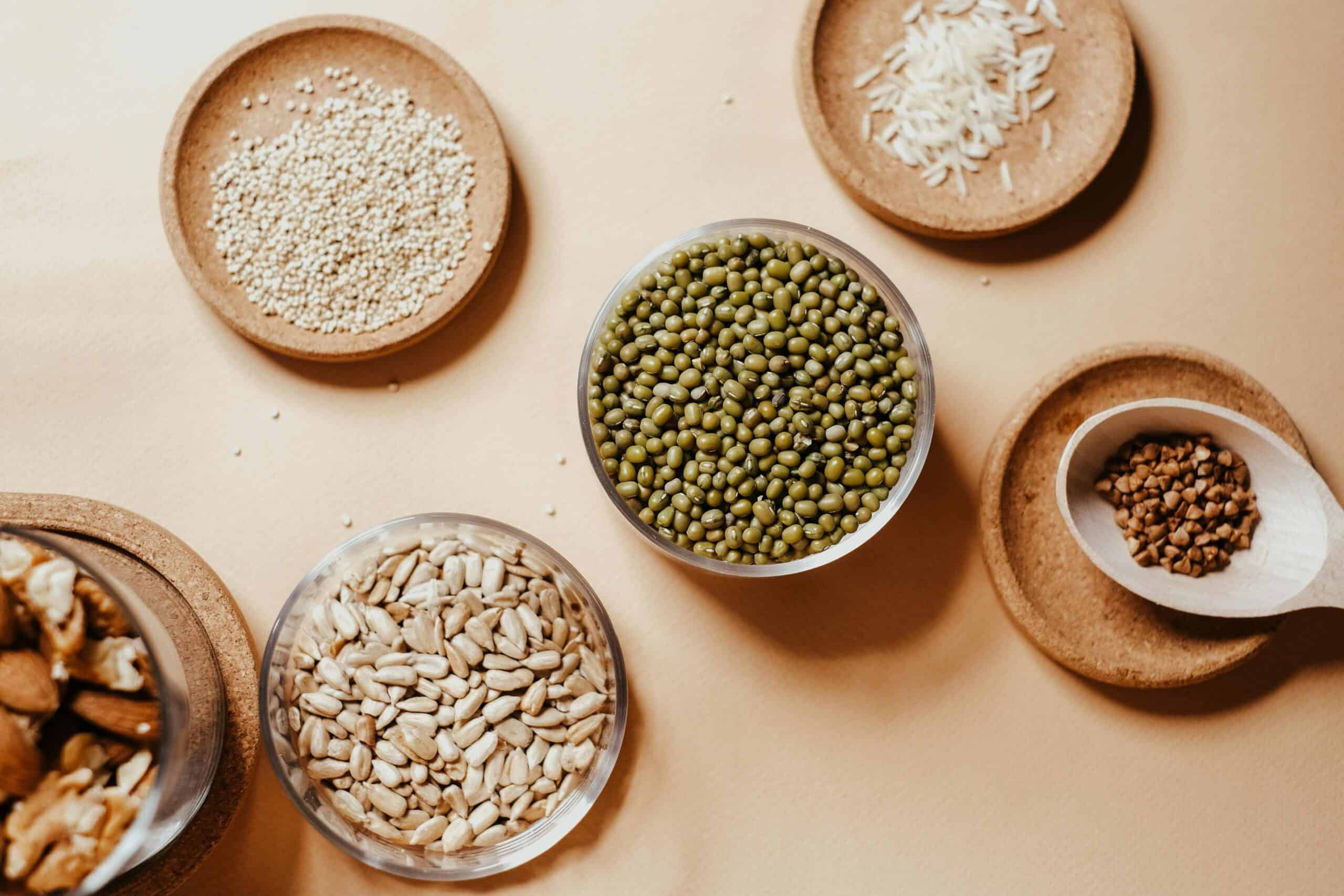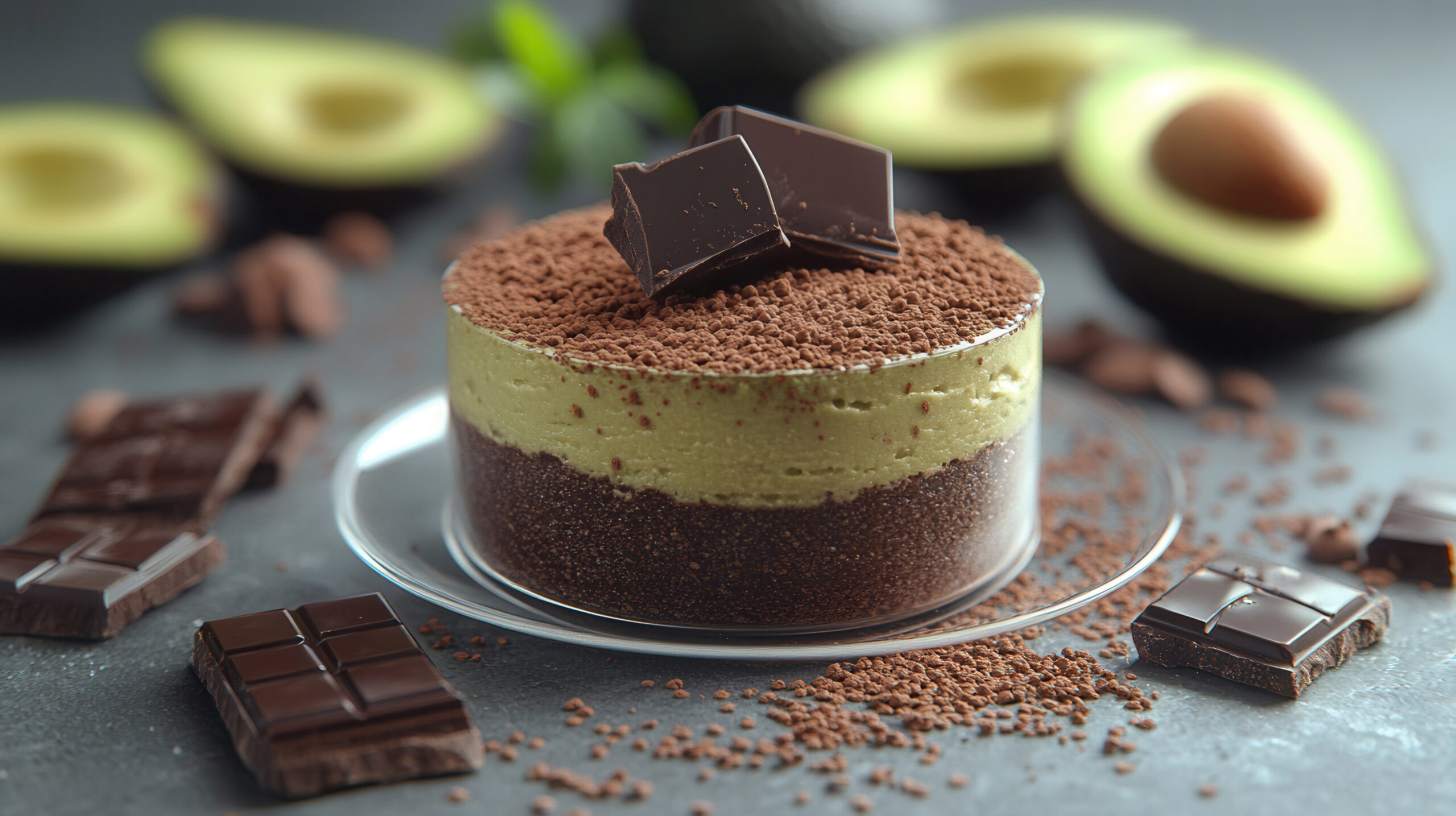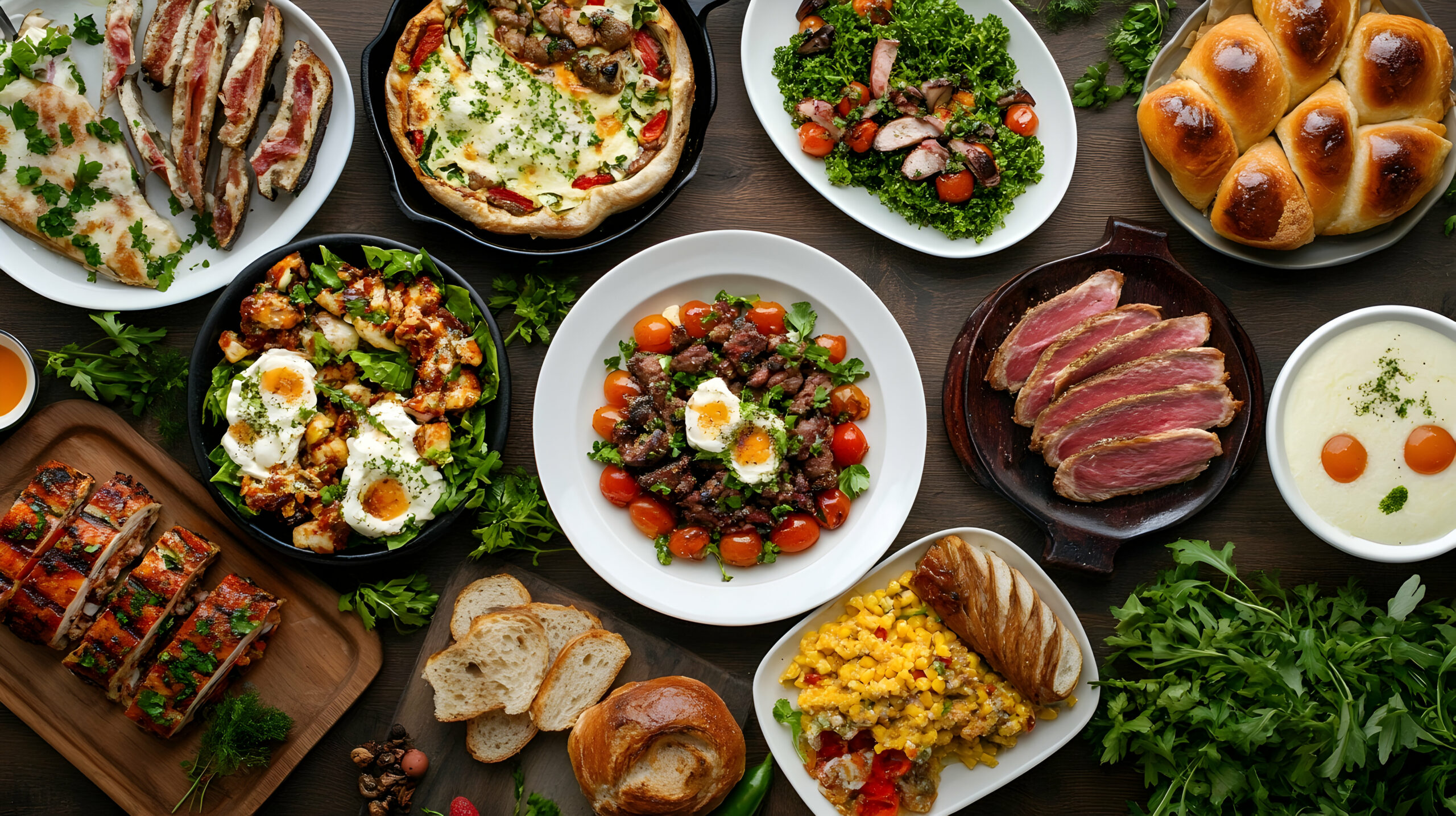Protein. It’s the key to fat loss, lean muscle, and healthy aging. Are these benefits reserved for only the meat eaters among us?
Vegans and vegetarians, this post is all about you. You can dodge the farm and build muscle too. Here are the best plant sources of protein, plus a 3-day menu plan you can follow with over 100 grams of protein per day.
The Best High-Protein Vegan Picks
Vegans can meet their protein needs too! Fill up on high-protein vegan foods, like:
Snow Peas
Snow peas are packed with vitamins, minerals, and antioxidants. They promote eye health, digestion, and immunity! These little crunchy snacks contain 2 grams of protein per 1 cup serving.
Quinoa
Quinoa is a complete protein, which means it provides all the essential amino acids we need! It’s a great meat substitute since most of the complete protein sources come from animal products. Quinoa is also packed with fiber and minerals. A serving of 1 cup cooked contains about 8 grams of protein.
Chia Seeds
Chia seeds are rich in omega-3 fatty acids, fiber, and antioxidants. They boost heart health and are great for digestion. Just two tablespoons of these little seeds is packed with 4 grams of protein too!
Almonds
Almonds are full of healthy fats, vitamin E, and magnesium. They’re a superfood, supporting heart health and bone strength. One ounce (about 23 almonds) contains 6 grams of protein!
Flax Seeds
Like chia seeds, flax seeds are high in brain-boosting omega-3s. They’re also full of fiber, promoting healthy digestion and reducing inflammation. A 2-tablespoon serving of flax seeds offers 3 grams of protein.
Pumpkin Seeds
Pumpkin seeds are rich in zinc, magnesium, and antioxidants. Just one ounce provides nearly 50% of our daily magnesium requirement. Pumpkin seeds also aid in sleep, naturally containing tryptophan. Plus, one serving offers 5 grams of protein!
Beans
Beans are nutritional powerhouses, packed with protein, fiber, vitamins, and minerals. This complex carb is high fiber content, fostering healthy digestion, keeping you full, and balancing blood sugar levels. Eating beans regularly can reduce your risk of chronic diseases, like heart disease, diabetes, and even some cancers. Just one half-cup of beans provides 7-9 grams of protein.
Lentils
Like beans, lentils are a great source of protein and fiber. They’re also packed with folate, iron, potassium, and magnesium, essential nutrients that support your heart health, red blood cell formation, and muscle function. Lentils also have a low glycemic index, which means they are great for keeping your blood sugar balanced. One half cup of cooked lentils provides 9 grams of protein.
Tempeh
Did you know that tempeh is fermented? Just like pickles and sauerkraut, tempeh boosts that beneficial bacteria in our guts! It’s made from cooked soybeans, which are rich in protein. Just 3 ounces of tempeh offer up to 20 grams of protein!
Seitan
Made from the protein found in wheat, seitan is cooked and seasoned to create a meat-like texture. It’s delicious and a plant-based protein powerhouse, with 3 ounces of seitan typically containing around 20-24 grams of protein.
Amaranth
Amaranth is another ancient grain with big benefits. Just one cup of cooked amaranth contains 9 grams of protein. If you haven’t tried it, you’ll love Amaranth’s nutty flavor. Plus, it’s an amazing source of fiber and many vitamins and minerals.
Teff
Teff is an ancient Ethiopian staple. It has kept cultures alive and thriving for centuries for good reason. This tiny yet mighty grain offers 9 grams of protein per cup! Bursting with fiber, iron, and calcium, teff is great for digestion, boosts energy levels, and promotes bone strength.
Artichoke
A mere medium-sized artichoke boasts a surprising 4 grams of protein per serving, alongside a wealth of health benefits. Packed with fiber, antioxidants, and vitamins like C and K, artichokes support digestion, heart health, and liver function.
Broccoli
Our moms were right! We should eat all our broccoli. This veggie is rich in vitamins C and K and full of antioxidants. It’s great for digestion, immune function, and bone health. Plus, it offers a bit of protein—you’ll get about 2.5 grams per cup of cooked broccoli.
Guava
Guava is known for its nutritional density when compared with other fruits. This tropical treat is packed with vitamin C—significantly more than oranges! It’s also full of fiber and antioxidants. Just 1 cup of this summery fruit contains 4 grams of protein!
Soy Milk
Soy milk is a rich source of plant-based protein, essential amino acids, and vitamins like B12 and D. Free from lactose, soy milk is suitable for people who can’t drink cow’s milk while still supporting bone health and muscle function. One cup of soymilk offers up to 9 grams of protein.
Pea Milk
Pea milk is made from yellow peas, which are rich in essential amino acids, vitamins B12 and D, and minerals. Like soy milk, it helps us repair our muscles and maintain strong bones. One cup of pea milk contains up to 9 grams of protein.
How to Hit 100 Grams of Vegan Protein
It’s hard to reach our protein goals, but as a vegan, it’s even harder. Intentionally include the high-protein, highly nutritious foods listed above in your weekly diet. Need some ideas? Here’s a three-day menu you can use—each day will provide you with at least 100 grams of protein!
Day 1
Breakfast: Tofu scramble with spinach and tomatoes (20 grams of protein)
Lunch: Lentil soup with Dave’s Killer Bread (25 grams of protein)
Snack: 2 cups of Edamame with sea salt (34 grams of protein)
Dinner: Quinoa stir-fry with mixed veggies and tofu (24 grams of protein)
Day 2
Breakfast: Protein smoothie (35 grams of protein)
Lunch: Black bean and avocado wrap on a whole wheat tortilla (20 grams of protein)
Snack: Almond butter on 2 rice cakes (12 grams of protein)
Dinner: Two cups of lentil curry with 1 cup of brown rice (30 grams of protein)
Day 3
Breakfast: One cup of chia pudding with berries and ¼ cup of almonds (20 grams of protein)
Lunch: Tempeh Quinoa Bowl (36 grams of protein)
Snack: Amaranth Tabbouleh with Chickpeas (20 grams of protein)
Dinner: Soba noodles with tofu and veggies (25 grams of protein)
Pump Up Your Plant Power This Week
Protein gives you power! Don’t skimp on it. Try the menu above and see how powerful you can feel eating plants.
Want to learn how to get lean and hit your health goals while fueled by plant protein? Join LEAN, a Registered Dietitian-led nutrition and weight loss program.





